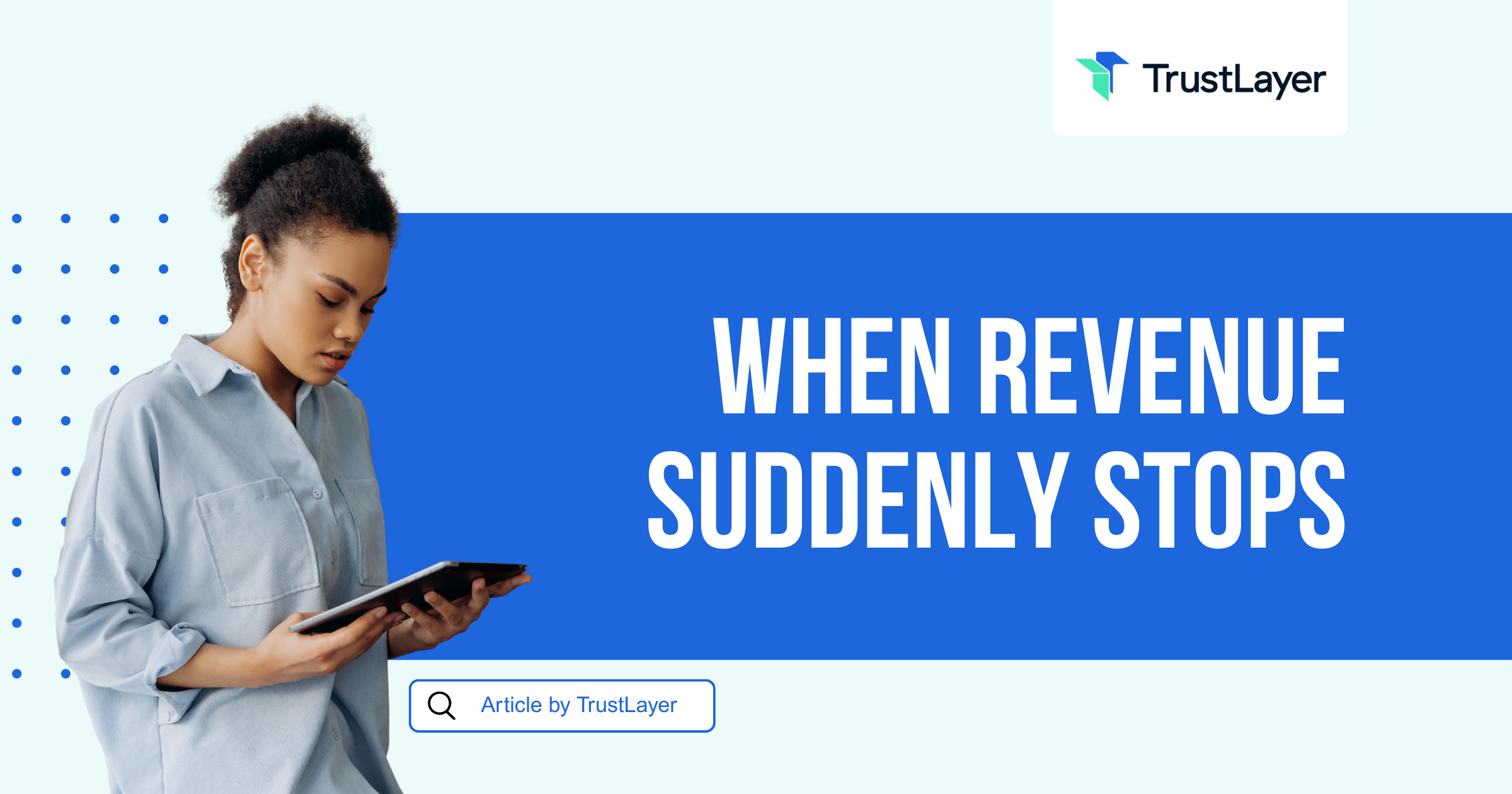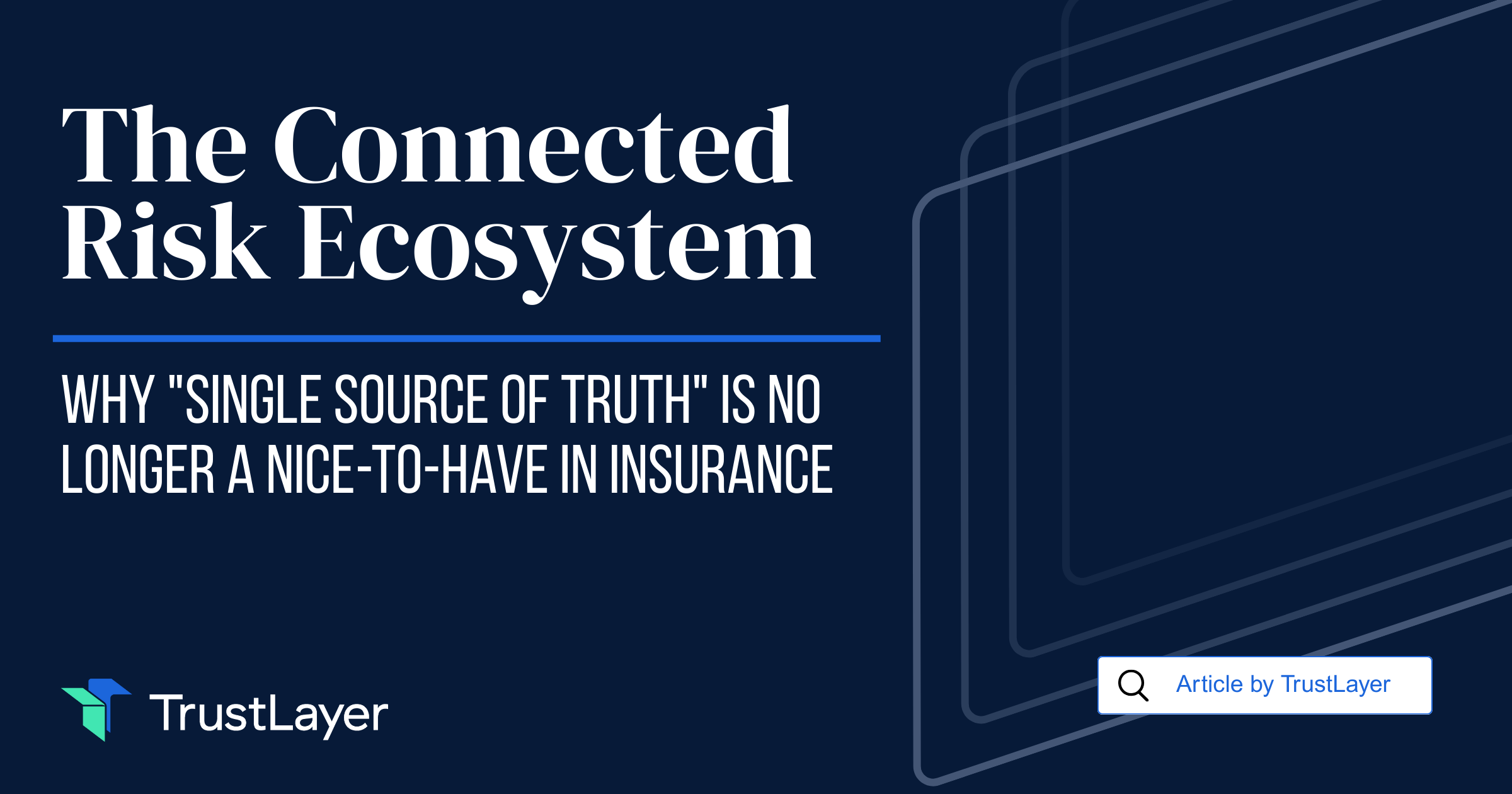Tracking Insurance Certificates of Insurance: A Comprehensive Guide
In the world of business, insurance is an essential component to protect against unforeseen risks and liabilities. Companies often work with various vendors, contractors, and service providers, and ensuring that these entities have the appropriate insurance coverage is crucial. Enter insurance certificates – these documents provide proof that the party in question has valid insurance coverage, protecting both parties in case of any untoward incidents.
Understanding Insurance Certificates
Insurance certificates serve as evidence that someone has an active insurance policy. The certificate typically includes important details such as policy limits, coverage dates, and specific types of coverage. For businesses, obtaining and tracking certificates is necessary to ensure that their vendors and contractors have adequate insurance coverage to protect against potential risks or liabilities.
Definition and Importance of Insurance Certificates
An insurance certificate is a document issued by an insurer to an insured party. It serves as proof of insurance coverage for a specified period. These documents are crucial in establishing trust and confidence between parties involved in a business agreement. Insurance certificates help mitigate risk and safeguard against potential financial losses in case of accidents, property damage, or any other incidents covered by the policy.
Insurance certificates play a vital role in various industries. For example, in the construction industry, contractors are often required to provide insurance certificates before commencing work on a project. This ensures that the contractor has the necessary coverage to protect against any potential accidents or damages that may occur during construction.
Similarly, in the healthcare industry, medical professionals and facilities must provide insurance certificates to demonstrate that they have malpractice insurance coverage. This coverage protects against claims of negligence or errors that may arise during the course of providing medical services.
Different Types of Insurance Certificates
There are various types of insurance certificates, each serving a specific purpose. Some common types include:
- General Liability Insurance Certificates: These certificates demonstrate that a party has coverage for bodily injury and property damage liabilities. General liability insurance is essential for businesses as it provides coverage for accidents that may occur on their premises or as a result of their operations.
- Professional Liability Insurance Certificates: These certificates are specific to individuals or businesses that provide professional services and protect against claims arising from errors, negligence, or malpractice. Professions such as doctors, lawyers, architects, and consultants often require professional liability insurance to safeguard against potential lawsuits.
- Workers' Compensation Insurance Certificates: These certificates prove that an employer has coverage for workplace injuries or illnesses suffered by their employees. Workers' compensation insurance is mandatory in most jurisdictions and provides financial protection to both employees and employers in the event of work-related accidents or illnesses.
Aside from these common types, there are also specialized insurance certificates tailored to specific industries or activities. For example, event organizers may require event liability insurance certificates to protect against potential accidents or damages during an event. Similarly, contractors working on government projects may need surety bond certificates to ensure compliance with contractual obligations.
It is important for businesses to thoroughly review insurance certificates to ensure that the coverage meets their specific needs. This includes verifying that the policy limits are sufficient and that the coverage dates align with the duration of the project or agreement. Additionally, businesses should regularly track and update certificates to ensure that they remain valid and in force throughout the duration of their relationships with vendors and contractors.
The Need for Tracking Insurance Certificates
While obtaining insurance certificates from vendors and contractors is crucial, the work doesn't end there. It is equally important to track and manage these certificates effectively to ensure that they remain current and valid throughout the business relationship.
Tracking insurance certificates goes beyond just obtaining them. It involves a systematic approach to managing and monitoring the insurance coverage of vendors and contractors. This process requires attention to detail, organization, and proactive measures to mitigate potential risks.
Risks of Not Tracking Insurance Certificates
Failing to track insurance certificates can expose businesses to various risks such as:
- Unprotected liabilities: Without valid insurance coverage, businesses may find themselves liable for damages or injuries caused by their vendors or contractors. This can result in significant financial losses and damage to the reputation of the business.
- Contractual non-compliance: Many agreements require that vendors maintain certain levels of insurance coverage. Failing to track these certificates can result in a breach of contract, leading to legal disputes and strained business relationships.
- Legal consequences: In certain industries, regulatory compliance necessitates tracking insurance certificates. Neglecting this duty can lead to legal penalties or even business closure. Regulatory bodies often conduct audits to ensure that businesses are in compliance with insurance requirements, and failure to provide up-to-date certificates can result in severe consequences.
These risks highlight the importance of implementing an efficient system for tracking insurance certificates. By doing so, businesses can protect themselves from potential liabilities, maintain compliance with contractual obligations, and avoid legal and regulatory pitfalls.
Benefits of Efficient Certificate Tracking
Proactive tracking of insurance certificates brings a range of benefits to businesses, such as:
- Risk mitigation: Ensuring vendors and contractors maintain adequate coverage safeguards against unforeseen financial losses. By regularly monitoring insurance certificates, businesses can identify any gaps in coverage and take appropriate measures to mitigate potential risks.
- Contractual compliance: Tracking certificates allows businesses to ensure that all contractual requirements are met, minimizing the risk of breach. This not only protects the business from legal disputes but also helps maintain strong and trustworthy relationships with vendors and contractors.
- Legal and regulatory compliance: By staying on top of insurance certificate management, businesses can avoid potential legal and regulatory pitfalls. Compliance with industry-specific regulations is crucial for businesses to operate smoothly and avoid costly penalties or even business closure.
Efficient certificate tracking is not just a matter of ticking boxes; it is a proactive approach to risk management and compliance. By investing time and resources into developing a robust tracking system, businesses can protect themselves from potential liabilities, maintain strong relationships with vendors and contractors, and ensure compliance with legal and regulatory requirements.
Key Elements in an Insurance Certificate
Insurance certificates contain crucial information that businesses should review and verify. Some key elements include:
Policyholder Information
The certificate should clearly state the name and contact details of the policyholder. Verifying this information is necessary to confirm the certificate's authenticity and track the responsible party.
When reviewing the policyholder information, it is important to ensure that the name matches the business entity or individual seeking coverage. Additionally, double-checking the contact details, such as phone numbers and email addresses, can help in establishing effective communication channels with the insurance provider.
Coverage Details
Understanding the coverage limits and types of coverage provided is vital. This allows businesses to assess whether the policy aligns with their requirements and evaluate possible gaps in coverage.
When examining the coverage details, businesses should pay attention to the specific risks and perils that are covered by the insurance policy. This includes analyzing the scope of coverage for property damage, liability claims, and any additional endorsements or riders that may be included.
Moreover, it is essential to review the coverage limits to ensure they are adequate for the business's needs. In some cases, certain industries or high-risk activities may require higher coverage limits to adequately protect against potential losses.
Furthermore, understanding the exclusions and limitations of the policy is crucial. Insurance policies often have specific situations or circumstances that are not covered, and being aware of these exclusions can help businesses plan for alternative risk mitigation strategies.
Another aspect to consider is the duration of coverage. Insurance certificates typically specify the policy period, which is the timeframe during which the coverage is in effect. It is important to note any renewal or cancellation provisions to avoid any gaps in coverage.
Lastly, businesses should review the policy's deductible, which is the amount the policyholder is responsible for paying before the insurance coverage kicks in. Evaluating the deductible can help determine the financial impact in the event of a claim and assist in budgeting for potential losses.
Methods for Tracking Insurance Certificates
Once the importance of tracking insurance certificates is established, businesses need effective methods to manage the certificates throughout their validity period. Two common tracking methods are:
Manual Tracking
Traditionally, businesses used spreadsheets or documentation systems to manually track insurance certificates. This method involves creating a comprehensive list of all insurance certificates and their respective expiration dates. The list is updated manually whenever a new certificate is obtained or an existing one is renewed.
While this method is low-cost and relatively simple to implement, it can quickly become cumbersome and prone to human error. With a large number of certificates to track, it becomes increasingly challenging to ensure that all information is accurate and up to date. Additionally, manual tracking may require significant time and effort, especially for businesses with numerous insurance policies.
Despite its limitations, manual tracking can still be a viable option for small businesses or those with a limited number of insurance certificates to manage. It provides a basic system for keeping track of insurance coverage and can be easily maintained with regular updates.
Digital Tracking Solutions
With advancements in technology, digital tracking solutions have emerged as efficient alternatives to manual tracking methods. These software platforms automate the process of collecting, organizing, and monitoring insurance certificates, providing businesses with a streamlined and reliable system.
One such solution is TrustLayer, a leading insurtech platform that specializes in insurance certificate tracking. TrustLayer provides an intuitive interface designed to simplify the management of insurance certificates, reducing administrative burdens and risks associated with manual tracking.
Using TrustLayer or similar digital tracking solutions, businesses can upload their insurance certificates to a centralized database. The platform then automatically extracts relevant information, such as policy numbers, coverage limits, and expiration dates. This eliminates the need for manual data entry and reduces the potential for human error.
Furthermore, digital tracking solutions can send automated alerts for expiring certificates, ensuring that businesses remain proactive in maintaining updated records. These alerts can be customized to notify specific individuals or departments within the organization, streamlining communication and ensuring timely renewal of insurance policies.
In addition to certificate tracking, digital solutions often offer additional features to enhance insurance management. These may include document storage, policy comparison tools, and compliance tracking. By consolidating all insurance-related information in one platform, businesses can easily access and analyze their coverage, making informed decisions about their insurance needs.
Overall, digital tracking solutions provide businesses with a more efficient and reliable method for managing insurance certificates. They offer automation, accuracy, and convenience, reducing the administrative burden associated with manual tracking and ensuring compliance with insurance requirements.
Best Practices for Tracking Insurance Certificates
Implementing best practices ensures efficient tracking and management of insurance certificates. Some recommended practices include:
Regular Updates and Reviews
Review insurance certificates regularly to ensure they remain current and valid. Set reminders or leverage digital tracking solutions to automate this process. Regular reviews minimize the risk of overlooking expired or inadequate coverage.
Organizing and Storing Certificates
Establish an organized system to store and access insurance certificates. Maintain a centralized repository, whether physical or digital, to facilitate quick retrieval and verification when needed.
By following these best practices and utilizing digital tracking solutions like TrustLayer, businesses can simplify the process of tracking insurance certificates and minimize potential risks.
Conclusion
Insurance certificates play a vital role in protecting businesses from potential liabilities resulting from their relationships with vendors, contractors, and service providers. Understanding the importance of insurance certificates, tracking them efficiently, and implementing best practices are essential steps to safeguarding businesses against unexpected financial risks.
Embracing digital tracking solutions like TrustLayer can revolutionize the way businesses manage insurance certificates, providing peace of mind and streamlining the administrative burden associated with manual tracking.
Remember, tracking insurance certificates is not just a best practice – it's an essential part of managing risk in today's business landscape.
















